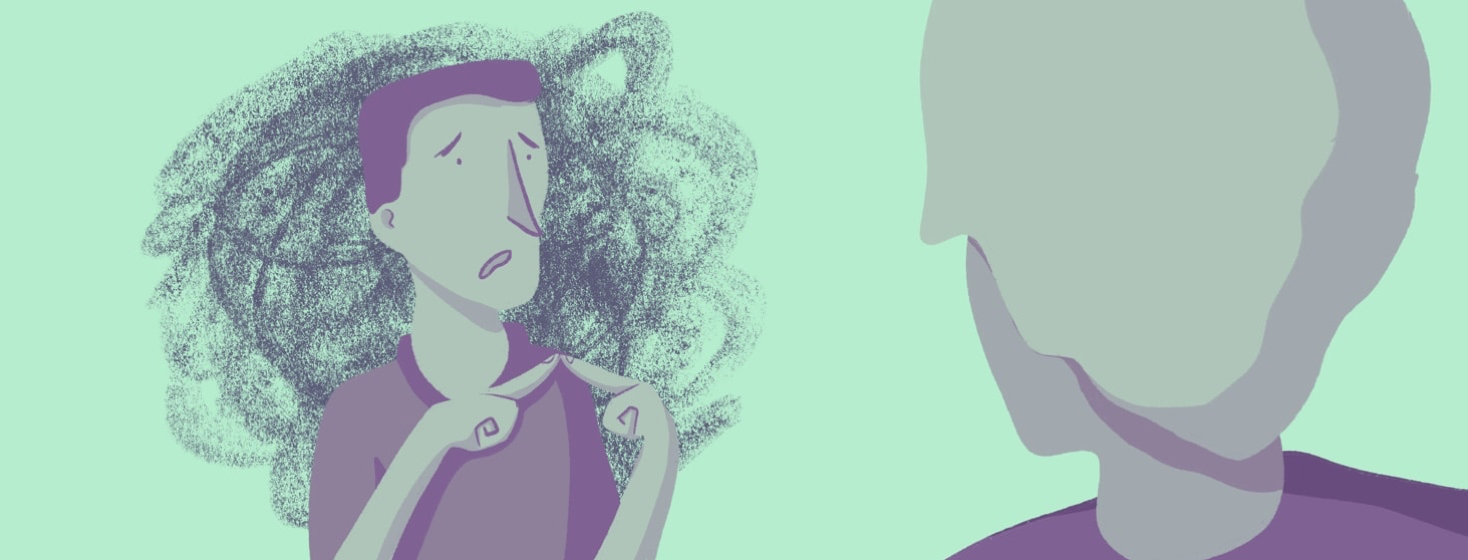How Brain Fog Affects My Daily Life
Having brain fog makes things really difficult on a daily basis. It’s not something that just comes and goes; it is something that I have every day.
Do you ever have a moment that you can’t remember what someone told you 5 minutes ago? That is how I am with everything, every day.
Brain fog is a narcolepsy symptom
For those of you who aren’t sure what brain fog is, it’s one of the symptoms of narcolepsy. Brain fog can be different for everyone who experiences it. For me, it’s poor memory, lack of alertness and focus, difficulty thinking, and difficulty finding words.
Why I write everything down
I have to have people repeat things, or I have to write everything down because I will forget almost everything if I don't. Whenever I make appointments, schedule Zoom meetings, etc., I have to write them down, or else I would miss so many things.
I have notebooks and a planner that I have to write down important things in, such as passwords and usernames, appointments, most events, etc.
Brain fog makes school more difficult
Being in school for the first time since my diagnosis this last 6 months, I noticed that my brain fog is pretty bad. I would read chapters in my book and try to take the exams, and I would forget so many things. When we learned new skills, I would forget them the next day.
For the most recent tests I had to take, I studied for weeks prior to my exam day. When I got to the exams, my mind just went blank. It wasn’t like I didn’t know the answers or how to do a skill on my practical, I just forgot, and my brain fog was in place. It makes these tests more difficult, and I feel like I have to study twice as much as people without brain fog.
I have 2 conditions that cause brain fog
I find that brain fog is one of the harder symptoms of narcolepsy to manage and deal with. On top of narcolepsy, I also have fibromyalgia which also causes brain fog.
All the time, I seem to have to explain myself and why I can’t remember something or why it takes me a little longer to think of an answer to a question. I often say, “My brain fog has brain fog,” because I have 2 medical conditions that have brain fog as a symptom.
Conversation challenges
I often have conversations with people, and there will be multiple times during the conversation where I can’t think of what word I want to say, or I forget what I was going to say in general.
It can make holding conversations very difficult. People either get annoyed that I can’t think of words or what I was going to say and either stop talking to me or change the subject.
It is hard for others to understand
When I tell people that I have brain fog and that it’s why I can’t remember things, they often think I am using it as an excuse. It most definitely is not an excuse; it is my reality. I wish I could remember things without writing them down or going over things multiple times until it gets stuck in my head.
People often don’t think brain fog is serious. They think I am just not paying attention. I definitely am paying attention, but my brain just can’t remember it or focuses on something completely different from what the conversation is about.
I wish it were different, but I can’t control it. I wish people knew more about brain fog so that people like me wouldn’t have to explain yet another thing to everyone.
Do you experience brain fog? How would you describe it? Is there anything you wish people who don’t experience brain fog knew? I would love to hear your experiences down below!

Join the conversation